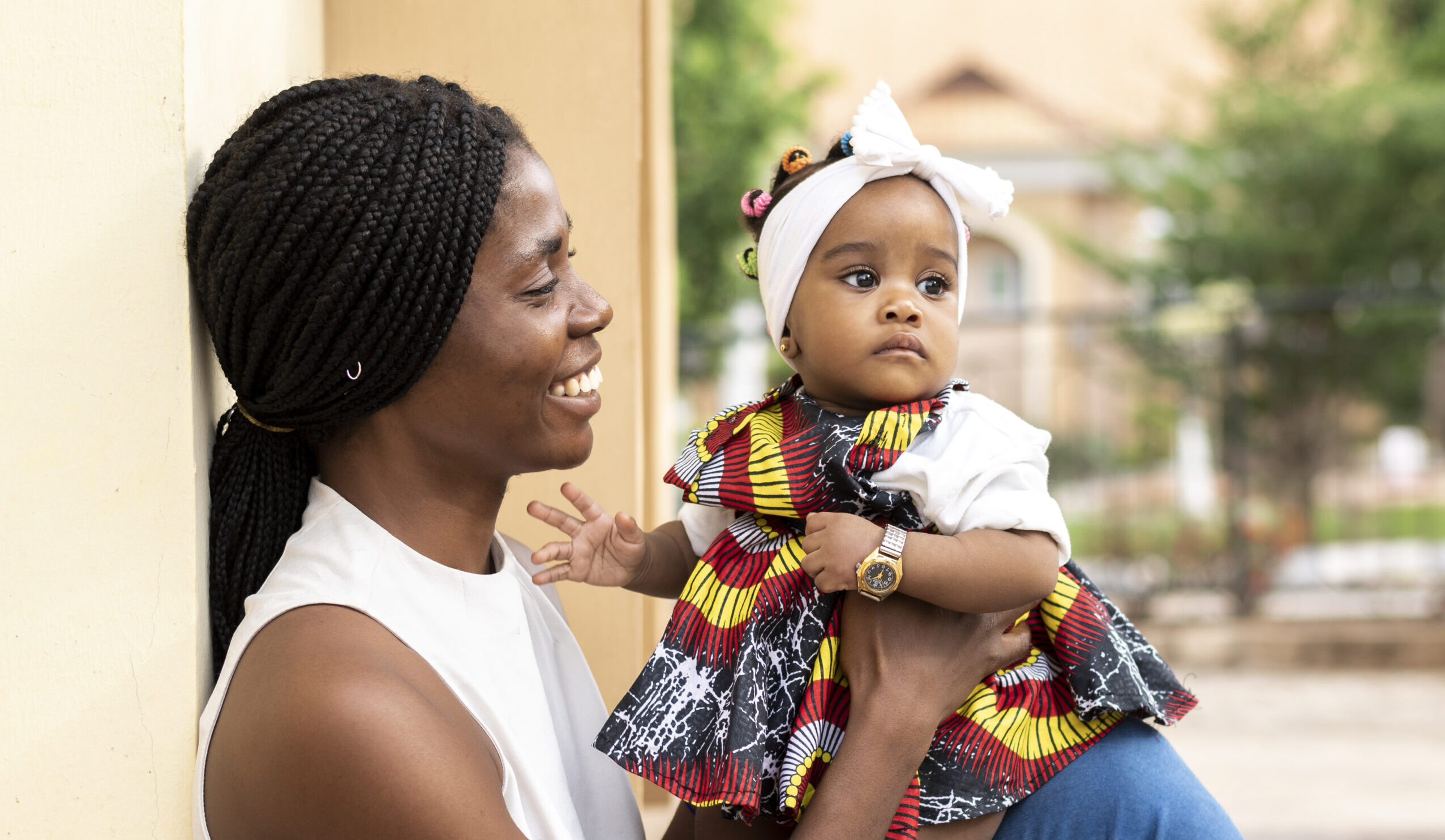Category: FP2030 in the Media
Contraception Use Soars Despite Cuts in Donor Funds
Despite COVID-19, new report shows increase in contraceptive use
370 million women globally using contraceptives, report shows
How Nigeria Can Achieve FP2030 Target
The Government of Indonesia committed to reducing unmet need for family planning
The Government of Indonesia, supported by the United Nations Population Fund (UNFPA), Yayasan Cipta, and Global Affairs Canada, has launched Indonesia’s commitment to Family Planning 2030.
World Population Day: AHBN Tasks FG On Family Planning Targets
The Africa Health Budget Network (AHBN) has tasked the Federal government to redouble its efforts in its determination to achieve the Family Planning (FP) 2030 commitment.
Getting to what works in adolescent sexual and reproductive health: FP2030 commitments can help
Countless papers, opinion pieces, and studies begin by stating that the current generation of adolescents is the largest in human history — and growing. In 2019, there were about 1.2 billion adolescents aged 15-24, and the adolescent population is expected to peak at nearly 1.4 billion by 2065, should it maintain the present trajectory. While the challenges for a youthful country are many, there are also opportunities, provided governments and the private sector invest adequately in the education, employment, and health of young people. The next eight years represent an unprecedented opportunity to bring about the transformational change that is needed to achieve both the Sustainable Development Goals and the vision of FP2030. However, it’s unlikely these goals will be fully attained without far greater efforts to meet the health needs and preferences of young people everywhere.
Nigerian Fed Govt, Rotary pledge to reduce maternal, child mortality
The Federal Government, alongside other partners such as the Rotary Maternal and Child Health Project in Nigeria yesterday, restated its commitment to reducing the high prevalence of maternal and child deaths in the country.
Prioritizing LGBTI family planning access benefits us all
FP2030 is based on the principle that all people, no matter how they identify, should have access to a full suite of reproductive health care. Too often in the context of family planning, the LGBTI community is overlooked — sometimes maliciously and sometimes because their needs are misunderstood or ignored. But they are a key population that is at heightened risk of pregnancy, HIV acquisition, gender-based violence, and more.








